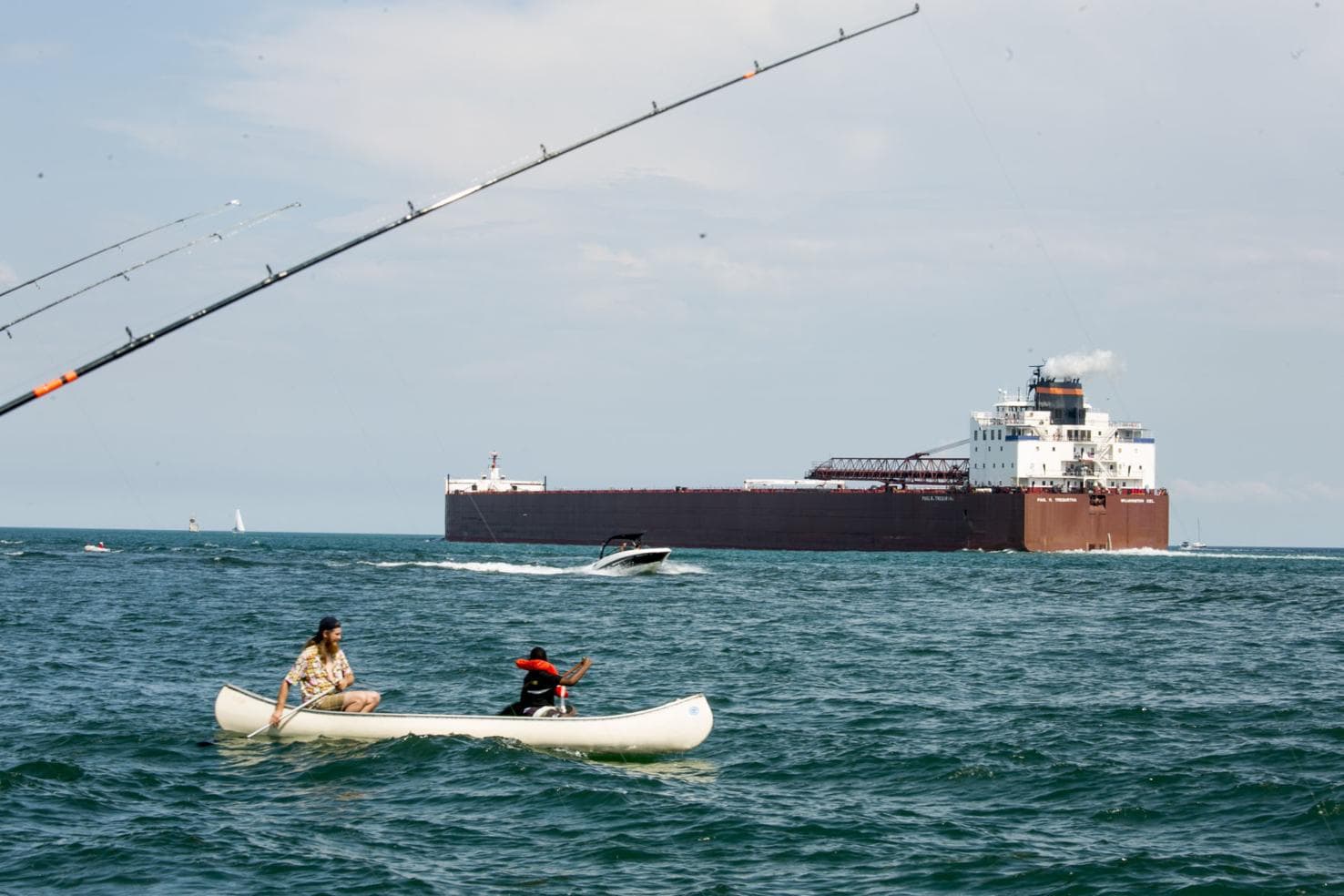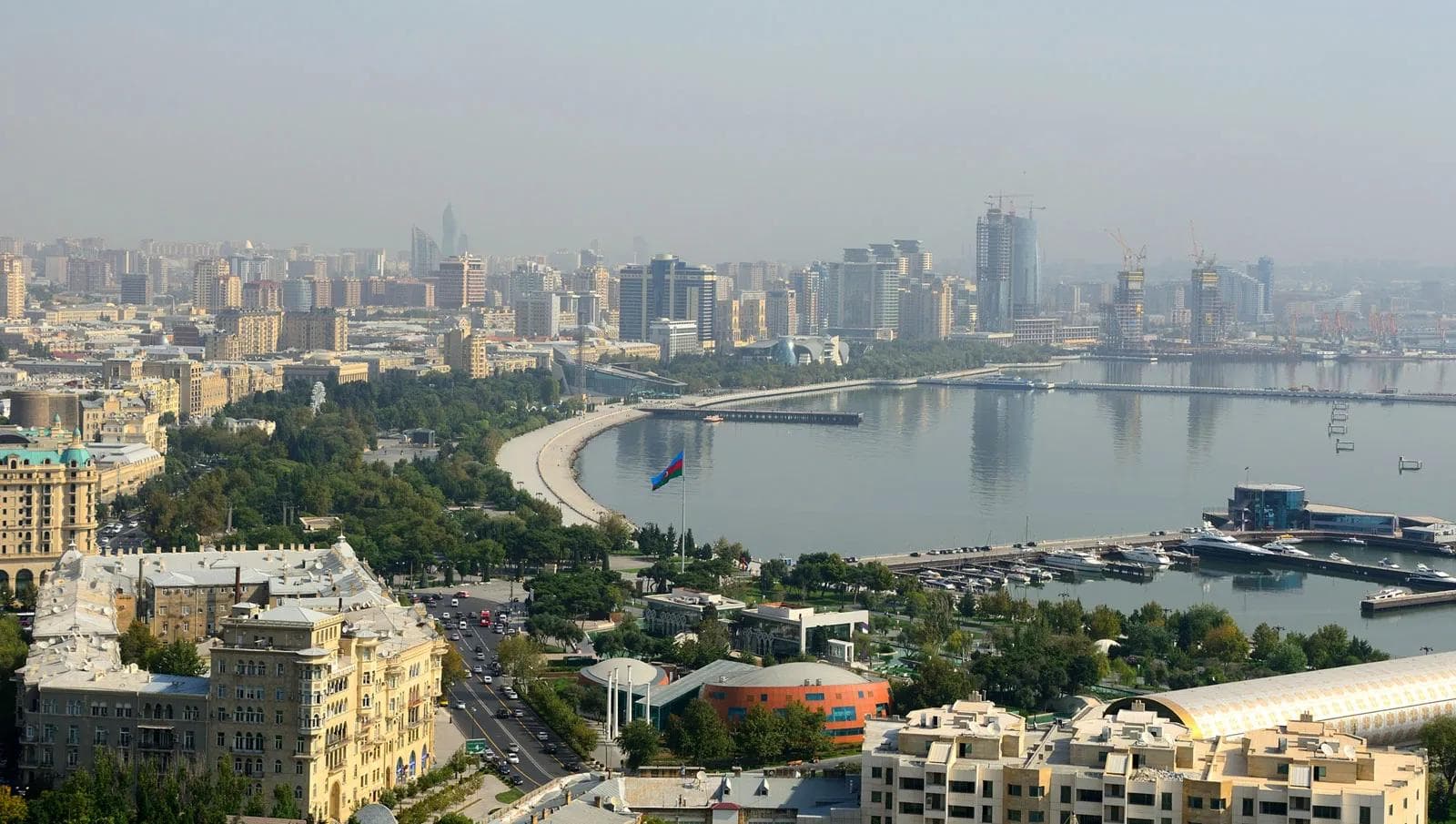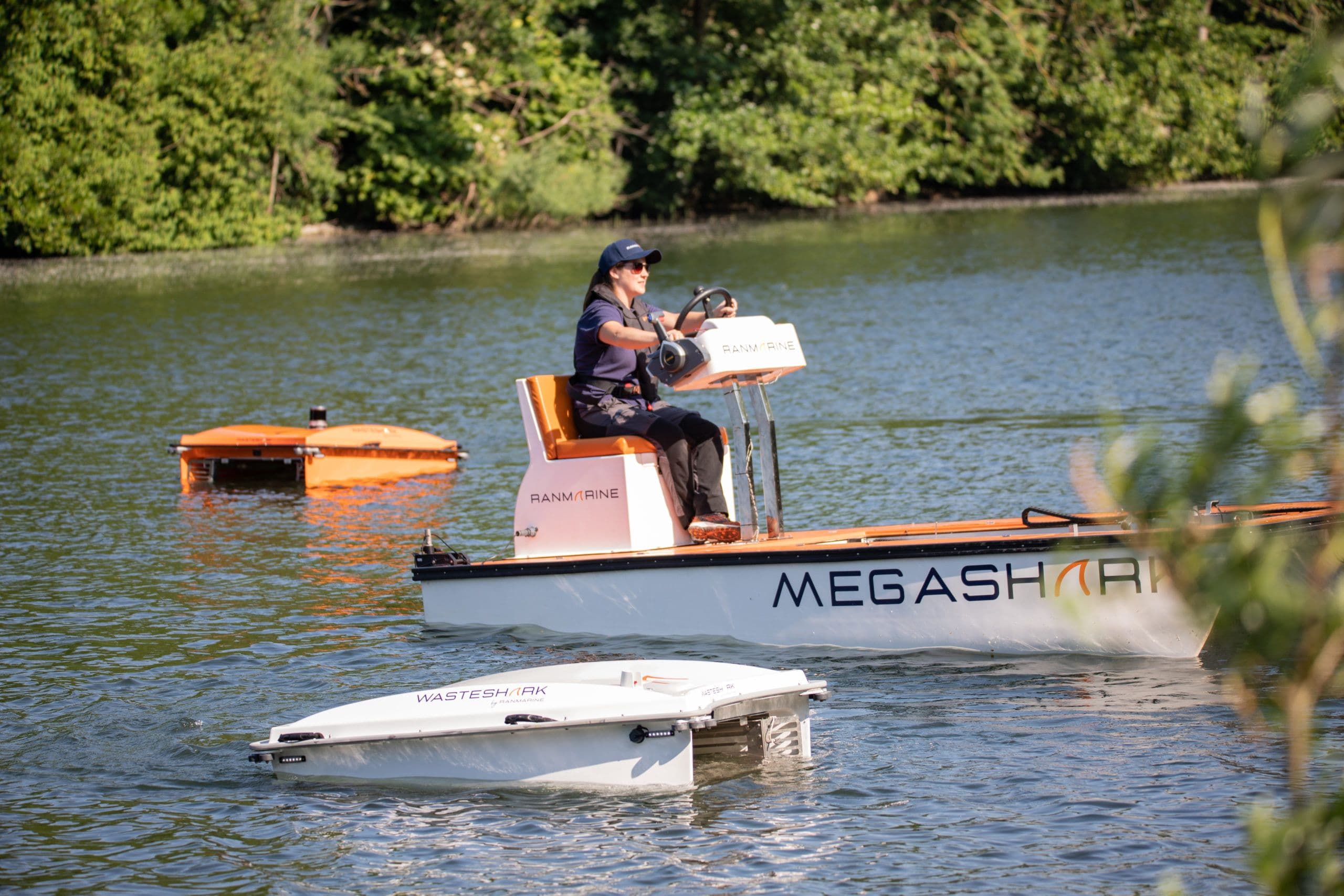Key Takeaways:
- Michigan aims to cut carbon emissions in boating and shipping statewide.
- The project explores new fuels and electrification for carbon-neutral waters by 2050.


The State of Michigan is setting sail on a new mission: to make the maritime industry cleaner and greener. The University of Michigan recently secured a nearly $200,000 grant to chart a more sustainable course for shipping, recreational boating, commercial fishing, ports, and ferries across the state.
Thomas McKenney, who leads the University of Michigan's Naval Architecture and Marine Engineering department, explains the project’s big picture. By next year, his team aims to deliver a comprehensive maritime climate strategy, steering future policies and funding to help the industry align with Michigan's ambitious MI Healthy Climate Plan. The plan's target? Carbon neutrality by 2050.
“We want to pull together all these different initiatives across the state, nation, and globe into one coordinated approach,” McKenney says. “It’s about building a cohesive state-level strategy that truly makes a difference.”
Maritime shipping might be the most energy-efficient way to move goods around, but with nearly 3% of global greenhouse gas emissions, it's still a major polluter. If shipping were a country, it would be the sixth-largest emitter worldwide. So, Michigan's approach to curbing emissions could ripple out to set a broader example.
The state's strategy will explore alternative fuel sources and ways for vessels to go electric. It will also address barriers that complicate a shift to greener options. Recreational boating, for instance, sees massive participation but limited seasonality, making widespread electrification tricky. On the other hand, Michigan's few ferries make electrification more viable, though still pricey.
McKenney emphasizes the need for collaboration to bring this vision to life: “Getting the right people together to figure out what’s needed is key. We have a chance to set Michigan up for success in a greener maritime future.”

